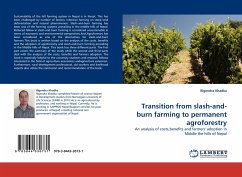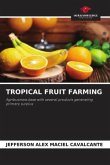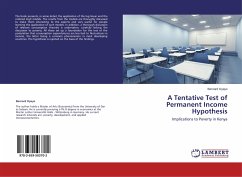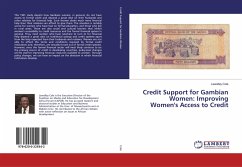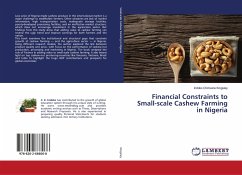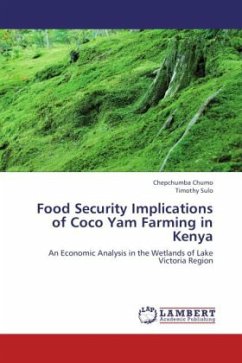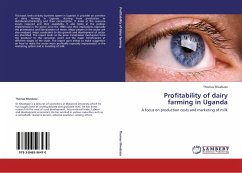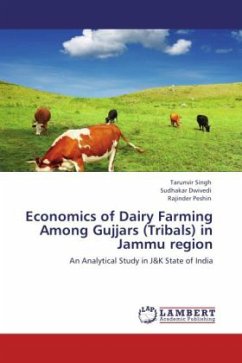Sustainability of the hill farming system in Nepal is in threat. This has been challenged by number of factors; intensive farming on steep land deforestation and natural phenomenon. Slash-and-burn farming has been one of the farming systems prevailing in the middle hills of Nepal. Reduced fallow in slash-and burn farming is considered unsustainable in terms of economic and environmental perspectives.And,Agroforestry has been considered as one of the alternatives for slash-and-burn farmers.This book is written based on the analysis of the costs, benefits and the adoption of agroforestry and slash-and-burn farming prevailing in the Middle hills of Nepal. This book has three different parts. The first part covers the summary of the study while the second and third parts deal with the analysis of the costs, benefits and farmers adoption. The book is especially helpful to the university students and research fellows interested in the field of agriculture economics andagriculture extension. Furthermore, rural development professional, aid workers and livelihood experts also utilize the conclusion and recommendation of the book.
Bitte wählen Sie Ihr Anliegen aus.
Rechnungen
Retourenschein anfordern
Bestellstatus
Storno

